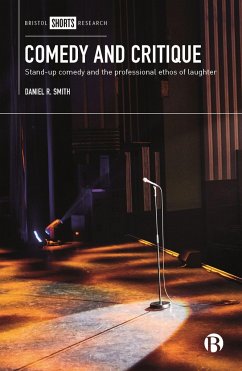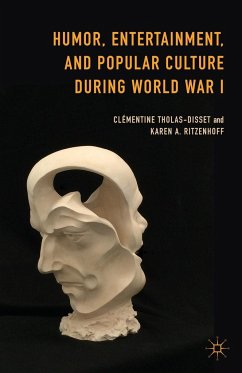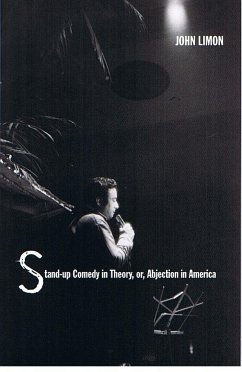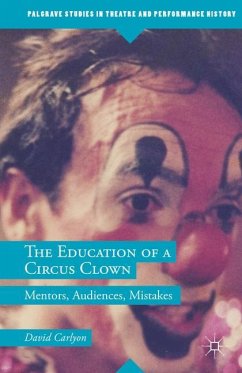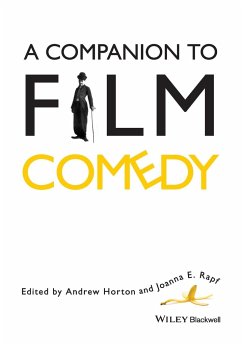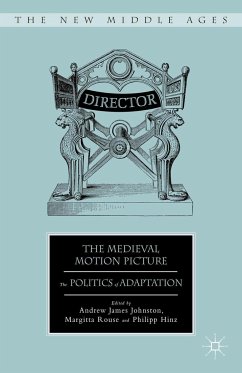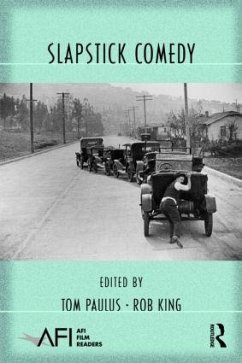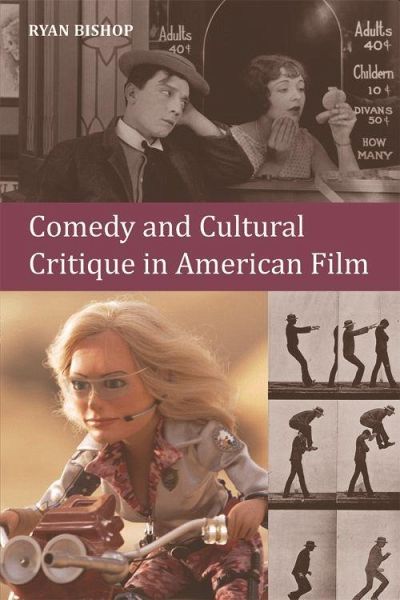
Comedy and Cultural Critique in American Film
Versandkostenfrei!
Versandfertig in über 4 Wochen
108,99 €
inkl. MwSt.
Weitere Ausgaben:

PAYBACK Punkte
54 °P sammeln!
'Bishop offers a rich contextualized history of the American comedy film. Covering a wide range of films and theorists, the book makes a unique contribution to both film studies and visual culture studies. He explores the way comic films - as complex textual, technological, and social constructs - contributed to the specific forms and powers of visuality in twentieth-century modernities.' Lawrence Grossberg, University of North Carolina Chapel Hill How does comedy in film attempt cultural criticism? How does cinema use its own visual technology to reflect on and critique its power within both ...
'Bishop offers a rich contextualized history of the American comedy film. Covering a wide range of films and theorists, the book makes a unique contribution to both film studies and visual culture studies. He explores the way comic films - as complex textual, technological, and social constructs - contributed to the specific forms and powers of visuality in twentieth-century modernities.' Lawrence Grossberg, University of North Carolina Chapel Hill How does comedy in film attempt cultural criticism? How does cinema use its own visual technology to reflect on and critique its power within both politics and visual culture? Comedy and Cultural Critique in American Film addresses these questions in detail as it argues for the centrality of comedy in film as a means of staging cultural criticism. Focusing on the powerful and sustained shifts in visual culture that cinema helped to generate, foster and question in the twentieth century, it examines the issues of technology that allow film comedies to engage in self-reflexive cultural criticism and to produce and critique the use of visual technology within US and global cultural politics. Grounded in the theoretical writings of thinkers such as Jean Baudrillard, Paul Virilio, Friedrich Kittler and Jacques Derrida in relation to repetition, automation, material systems of information media, the level of address in a communicative act, and the shifting role of the image, this book considers comedy as integral for a critical engagement of the constructs of culture. It brings a new perspective to comedy in film, invaluable to students and scholars in Film Studies. Ryan Bishop is Professor of Global Art and Politics at Winchester School of Art and Co-Director of the Winchester Centre for Global Futures in Art Design & Media at the University of Southampton. Cover images: Team America: World Police, 2004, Parker & Trey © Paramount/The Kobal Collections/Gordon, Melinda Sue; Sherlock Junior, Buster Keaton, 1924; Animal Locomotion, 1887, Eadweard Muybridge. Cover design: [EUP logo] www.euppublishing.com




